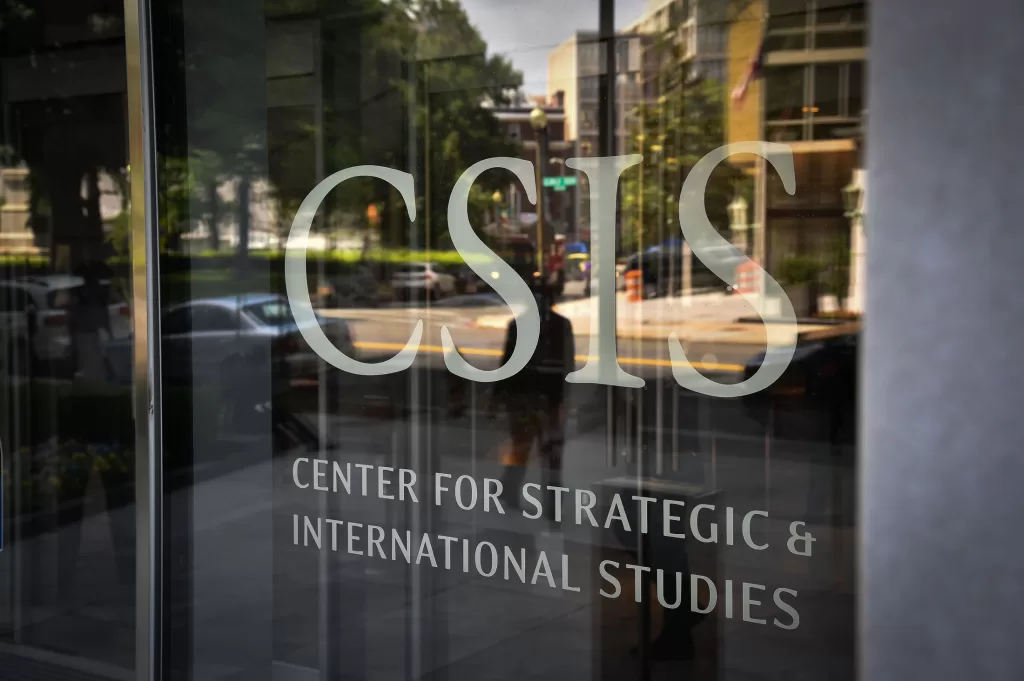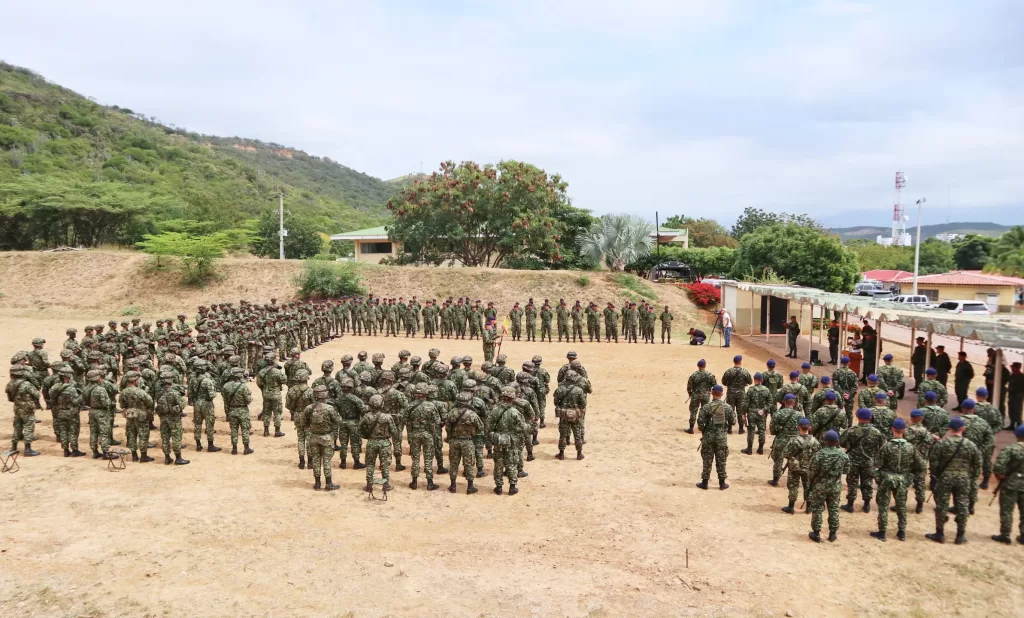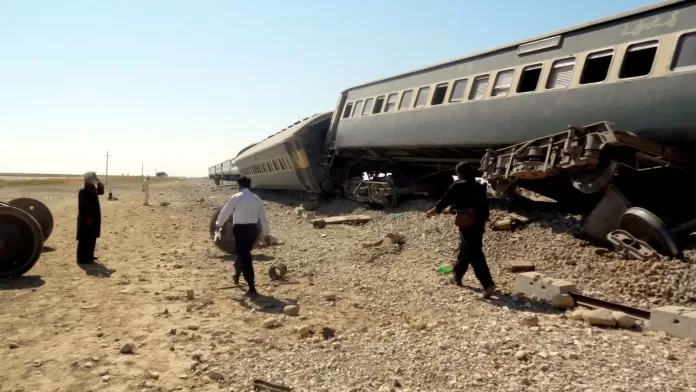Every day the country hits a new low. The sad incident involving the hijacking of the Jaffar Express and subsequent actions including a cleanup operation is the latest in a long list of lows! And that too at a scale that hasn’t been seen in the past. While it is commendable the way LEAs have handled the operation at a kinetic level, the time for platitudes is over. I am sure a lot will be written on the subject. The need for a relevant counter-terrorism policy. The need for an associated counter-insurgency policy. The need for not bowing down to terrorists. The need for a quick and deadly response. All fair points – so much so that yours truly had also written along similar lines five years ago particularly stating that Pakistan was facing multiple and complex crises in the form of economic downturn, energy and water shortages and a force multi-front war. I also said that there seems to be a lack of resolve from the respective departments of the government to take over and maintain the areas cleared out and secured by the Pakistani forces. I had underpinned the latter by a counter-insurgency policy which would be defined as: assimilate where possible, eliminate where needed.
The objectives of this policy were to be threefold. One, negotiate with and assimilate all willing forces and individuals. Two, defeat all non-amenable insurgents and groups. Three, win the hearts and minds of the local population to isolate militants and criminals further. Half-a-decade later, here we are in the same predicament – getting the tactics right, getting the strategy wrong! The third objective especially was forgotten last time around and I am sure it will see the same fate this time as well – such is the cyclical nature of our misery.
“ Winning the piece is a philosophy that is all about creating a future where all the people of Pakistan can live with dignity, security, and opportunity “
But for what it’s worth, the Centre For Strategic & International Studies (CSIS) recommends seven key actions to win the peace as part of a post-conflict reconstruction effort. One, consistent security of people, property, and process. Two, suitable and inclusive levels of governance. Three, participation of local population as stakeholders in the system. Four, upward mobility of economic life. Five, mental and social wellbeing of the inhabitants of the area. Six, proportionate and visible dispensation of justice. Seven, reconciliation of previous actions and individuals.
It is astonishing to see that even after so many years we are still chest-thumping, fire-storming and name-calling albeit without an iota of practical implementation of any recommendations from any quadrants. Fine, don’t listen to me but hear out NAP (National Action Plan), consider CSIS, see the successes of economic transformation in post-war Vietnam, learn from the stature of South Korea after the Korean War.
“ Even after so many years we are still chest-thumping, fire-storming and name-calling albeit without an iota of practical implementation ”
If nothing else then Pakistan may be able to lean on the way Colombia tackled a similar spiral downward. For over five decades Colombia was engulfed in violent conflict involving three key anti-state elements. FARC (Revolutionary Armed Forces of Colombia) – a Marxist guerrilla group engaged in armed insurgency. ELN (National Liberation Army) – another left-wing insurgent group. Many paramilitary groups and drug cartels – often involved in illegal activities, including narcotics and kidnappings. How did Colombia start? With a strong military campaign in the early 2000s.
Then in 2012, when these mercenary groups were almost beaten into submission, winning the peace initiative started. This included two phases. First – the peace process which included amnesty and reintegration for those who surrendered, redistribution of land to poor farmers and allowing ex-rebels to participate in politics, a special tribunal to ensure accountability for war crimes and public referendum on the peace deal. Second – the economic uplift which opened the economy to foreign investment along with trade deals with other countries, built infrastructure and provided connectivity in former conflict zones, revived tourism across the land and invested in agriculture and small businesses to reduce poverty. Was Colombia totally successful? Absolutely not but it managed to pull the country out of the downward spiral and onto a path to recovery and hopefully success. With time, it will get there!

Pakistan can utilize Colombia’s experience and at-least start with the following five-point approach. One, hasten counterterrorism and counterinsurgency operations against all extremist elements. Two, further crack down on smuggling, money laundering, and terror financing. Three, explore negotiations with reconcilable militants while ensuring justice. Four, focus on trade, exports, and industrialization to provide jobs. Five, invest in underdeveloped regions and ensure that the bounty is shared amicably. While it is true that Pakistan’s challenges – sectarianism, regional conflicts, extremism – are different than Colombia’s, it is equally true that the lessons of security, negotiation, economic reforms, and social reintegration remain as relevant to Pakistan as they were for Colombia.

“ While it is commendable the way LEAs have handled the operation at a kinetic level, the time for platitudes is over
Winning the peace is a philosophy that is all about creating a future where all the people of Pakistan can live with dignity, security, and opportunity. And why does it matter? It will work towards national unity reflected in a unified Pakistan, where all its citizens feel represented and valued. It will work towards economic development where Baluchistan’s strategic location and resources underpin Pakistan’s fiscal future. It will work towards uplifting Pakistan’s international image and strengthen its relationships with other nations. It will work to allay humanitarian concerns and alleviate human suffering and allow for the rebuilding of communities. But above all, winning the peace will let Pakistan be.




